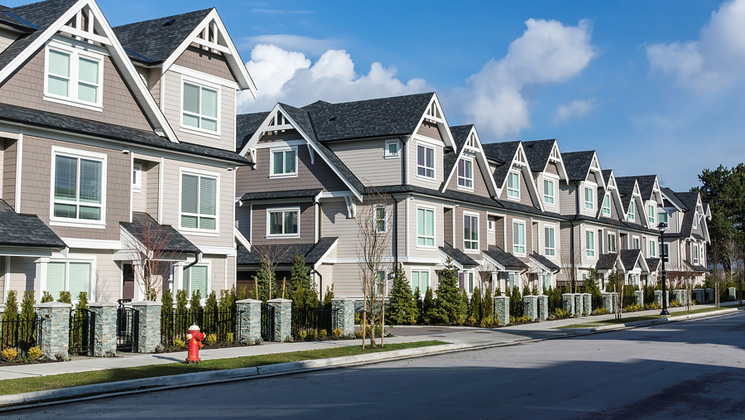HOMEOWNERS ASSOCIATIONS
Real estate developments are increasingly formed as Common Interest Communities in which there is individual ownership of homes combined with shared expenses for repair and maintenance, property management, some utilities, or shared areas. These Common Interest Communities may be formed as condominiums, townhomes, or coops. The management and governance of these communities are generally conducted through a homeowners association consisting of other owners within the real estate development.
The primary documents in a homeowners association are a Declaration, Bylaws, and Rules and Regulations. The Declaration, which is filed with the county property records, contains the duties and obligations of the property owners to pay monetary assessments, defines the nature of the property ownership, and establishes the duties and obligations of the association to maintain certain aspects of the development, including repairs or replacements, and otherwise preserve and enhance the value of the Common Interest Community. The Bylaws typically provide the organizational structure of the association and set forth the powers and duties of the board of directors to manage the association and the rights and roles of property owners in the governing process. Rules and Regulations adopted by the association set forth the conduct and activity that is allowed or disallowed within the development.
In addition to the governing documents of the association, Common Interest Communities may be governed by Minnesota law through the Minnesota Common Interest Ownership Act contained in Minnesota Statutes, Chapter 515B. The statute provides an overlay to the operations of the association and to those matters addressed in the Declaration.
Living in a Common Interest Community may have the advantage of certain services such as lawncare and snow removal that are provided by the association, as well as the opportunity to enjoy certain amenities such as meeting rooms or recreational facilities. On the other hand, there may be rules that residents must live by and capital projects that must be planned and paid for. The people who reside in developments are not simply neighbors but also partners in the economic enterprise of the association.
Whether you are an individual considering purchasing a home or unit that is governed by an association, a current owner experiencing issues with a board of directors, an existing board of directors facing management decisions, or a developer seeking to undertake a real estate development, Dudley and Smith, P.A. has attorneys who can assist and represent you in this area of property ownership. Please contact Steven C. Opheim to discuss your case.

